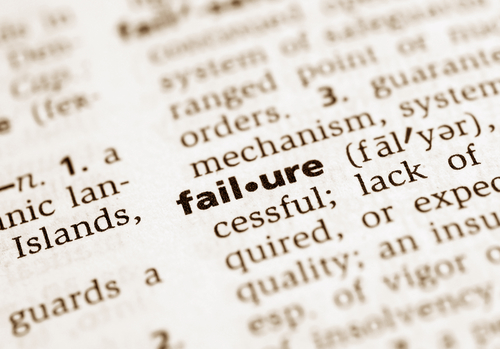
Depression, Anxiety, OCD, Sexual Dysfunction: Inadequacy
There are as many varieties of emotional, mental health issues as there are people experiencing them. We at Counseling on Demand have delineated a great many of them previously. Today, we will focus on just the four of the many which derive from feelings of inadequacy.
This is a complex concept. Let’s look at these four symptoms to see how they fit our personal situations, i.e., find that echo inside us.
- Fear & AnxietyThose who suffer from feelings of inadequacy experience extreme fear and anxiety frequently. Believing that there is something innately wrong with themselves. Often, a person perceives he/she has done or said something insensitive, inappropriate, stupid, or ridiculous. As a result- dreaded periods of self-loathing
- Depression. Depression is often lurking in the shadows. When you are depressed, most often you think that you are worthless. The worse the depression, the more you feel this way. Fortunately, you are not alone!
A survey by Dr. Aaron Beck revealed that over 80 percent of depressed people expressed dislike for themselves. According to Dr. Beck, when you are depressed, you feel “The Four Ds”: Defeated, Defective, Deserted, and Deprived. (Norm Cohen, Feeling Worthless and Depression, in PsychCentral)
- Obsessive-compulsive or addictive behaviorsTrying to feel better about themselves, they may become involved in repeated acts of compulsion or addiction such as over spending, alcohol, drugs- even socially acceptable-appearing activities, often taking on lives of their own.
- Sexual DysfunctionAnxiety is considered by physicians to be the primary cause of impotence in men and inability to reach orgasm in women. These problems are especially prevalent in those with feelings of inadequacy.
The Good news, self-confidence can be achieved.
Read on:
How Therapy Can Help Inadequacy
Therapists help people uncover and address childhood experiences that lie at the source of negative feelings in order to recover from them. Working with a therapist, people identify their assets and expand upon them; clients learn how to acknowledge their strengths and minimize their weaknesses so that they can feel confident and adequate, regardless of their limitations.
Inadequacy can keep a person from tackling many of life’s challenges, from career changes to relationship difficulties.
Through therapy, a person can learn to develop more realistic expectations for oneself, and discover activities, relationships, and experiences that can build a sense of competence.
(Cowan, G., & Mills, R. D. (2004). Personal inadequacy and intimacy predictors of men’s hostility toward women. Sex Roles, Lashbrook, J. T. (2000). Fitting in: Exploring the emotional dimension of adolescent peer pressure. Adolescence, in GoodTherapy.org)
Conquering feelings of inadequacy is not easy, nor will your efforts bear fruit without a lot of tenacity and practice.
This is where Counseling on Demand comes. We can guide you through these feelings, turning your thoughts and behaviors into those of confidence and self-assurance.
At CounselingonDemand.com, we will guide you to:
- Talk Back To That Internal Critic
- Develop Mental Biofeedback.
- Cope, Don’t Mope
(op. cit. Cohen)
We are only a click away.